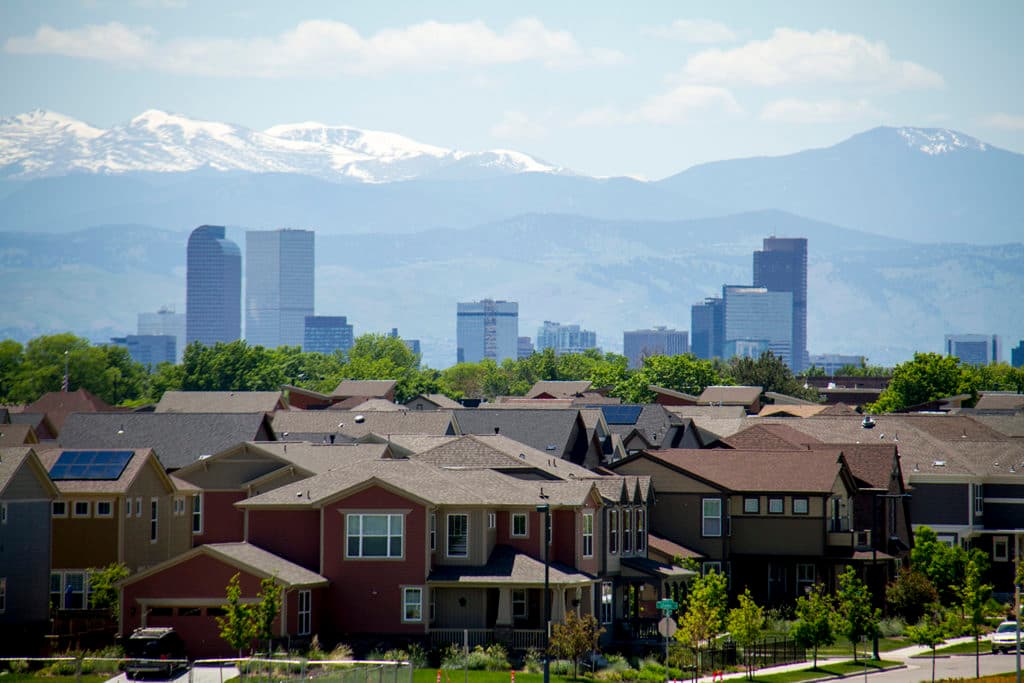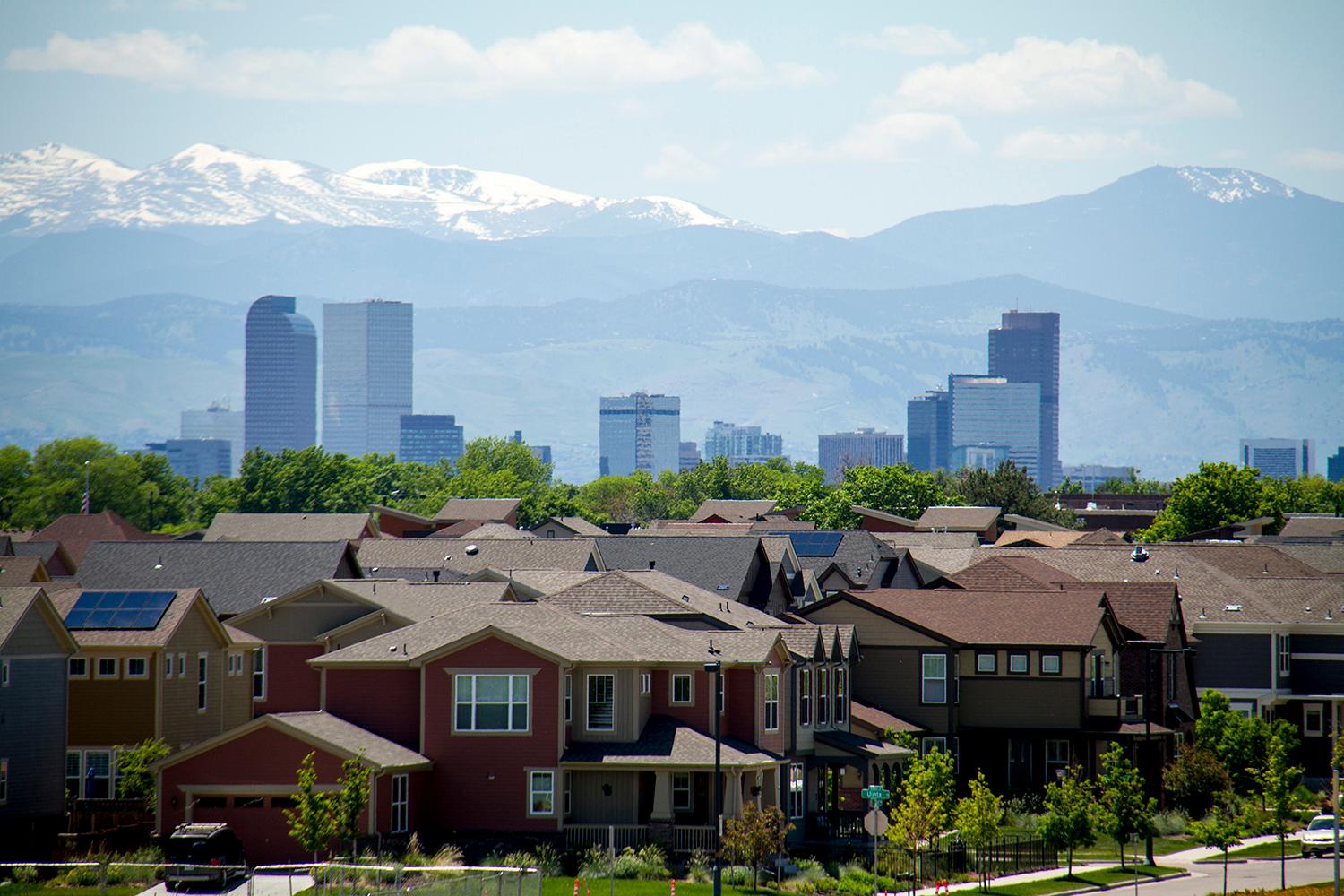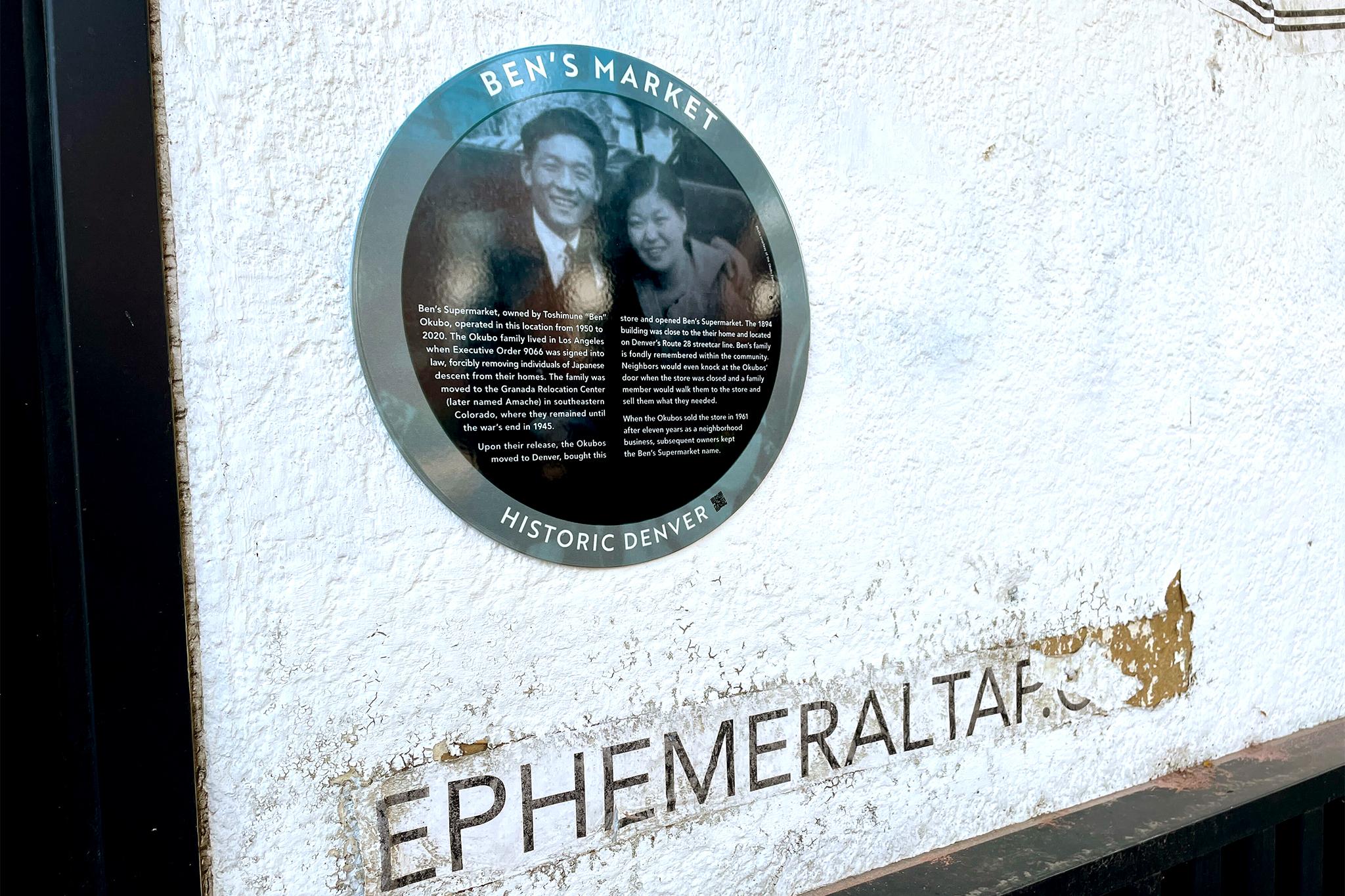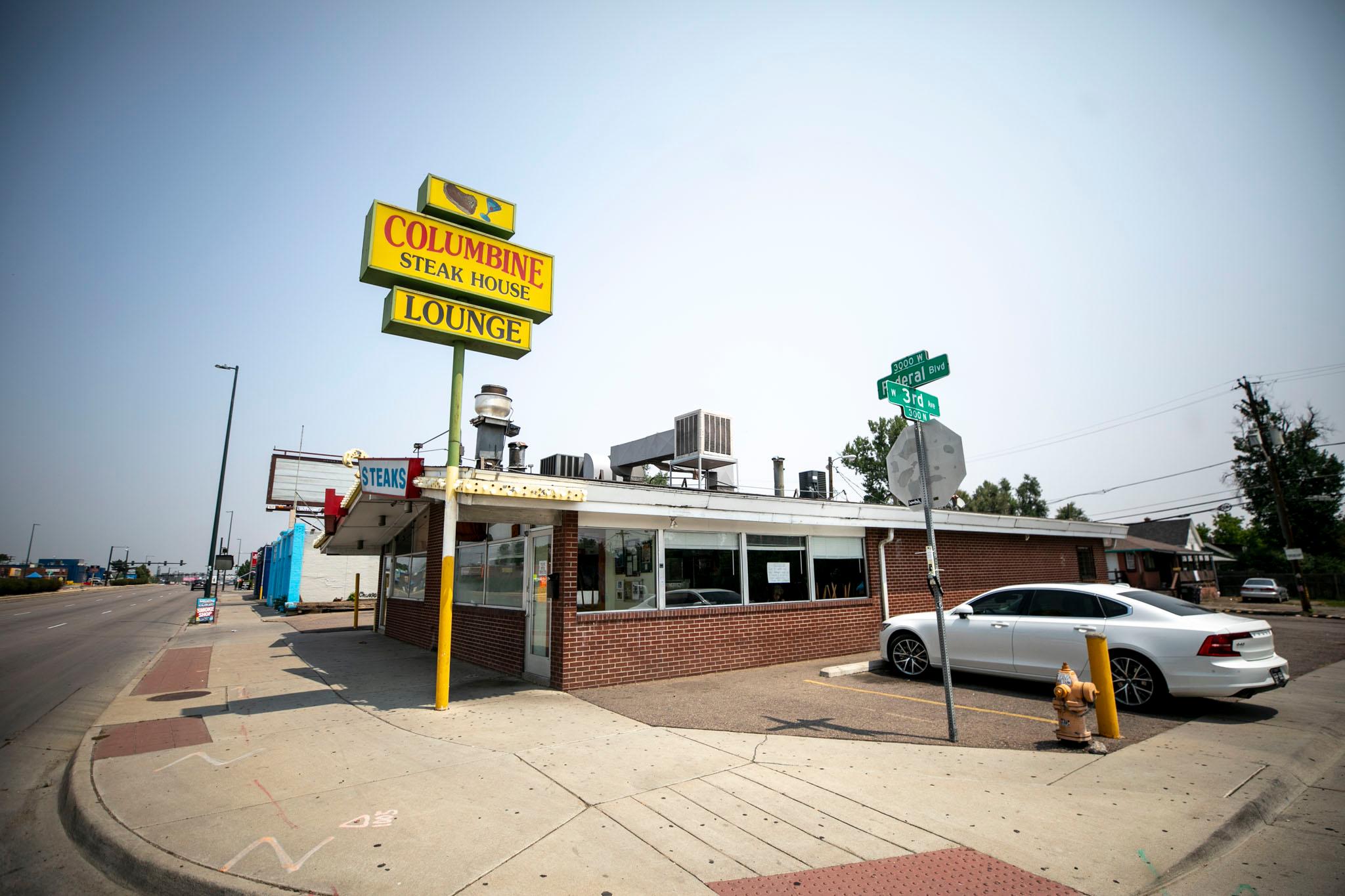
Editor's note: This is part of a series on place names. We occasionally hear from readers who want us to use a different name for a neighborhood than we've used, and we asked some fellow Denverites to do some thinking out loud on names and what they mean.
Read pieces about Five Points and Northside here.
By Laura Ruttum Senturia
Following the recent events in Charlottesville, Americans have begun a public conversation re-examining aspects of our history and agonizing over national values. For the past 20 years, Denver has hosted a similar ongoing discussion regarding the Stapleton neighborhood. The crux of the issue is that the moniker was borrowed from a former Denver mayor, Benjamin Stapleton (1923-1931, and 1935-1947), who also happened to be a member of the Ku Klux Klan.
How did a neighborhood come to be named after a member of a hate group? What does it say about us that the name persists? And what are the odds the name could change?
The Stapleton name was derived from its geographical predecessor, Stapleton International Airport. Opened in 1929 as the small “Denver Municipal Airport,” it was renamed in honor of the mayor in 1944.
While (later confirmed) rumors swirled as early as the 1920s about Stapleton’s Klan involvement, and he openly staffed city offices with overtly KKK men, his legacy isn’t easily defined by any one feature. Stapleton was instrumental in developing many civic improvement projects, including expanding the mountain parks system, developing I-25, and facilitating the airport that bore his name for 51 years. Following the airport’s 1995 closure, developers Forest City and the Master Community Association (“using the trade name of Stapleton MCA”) opted to maintain the Stapleton title as a “locator” for their ambitious new enterprise, presumably riding on the coattails of name recognition.
The neighborhood continues to struggle with ugly historical symbolism. In 2015, Stapleton neighbors and Black Lives Matter activists called for introspection about aspects of the community they found unwelcoming to persons of color. These neighbors advocated for a larger public conversation, beginning with the name. In October 2015, the Stapleton United Neighbors group (SUN) hosted more than 100 people for discussion. While majority sentiment in 2015 seemed to lean towards eradication, SUN’s recent 2017 community survey comes out fairly evenly split with 54 percent against renaming.
Seeking understanding of what it all means, one finds familiar tropes. There is the theory of historical relativism, which, simplified, asks: Do we judge our predecessors by the moral standards of their era—the only thing they knew—or by our own? Lest we become apologists for bad behavior, however, it’s important to note that racism and nativism were seen as repulsive by many even in the 1920s. Nevertheless, supremacist beliefs found wider purchase then than they do now.
Historical relativism argues that Stapleton’s worldview and goals were based on an entirely different framework than our own. So, for sake of argument, let’s say we choose to accept that “things were a little different back then.” Are we then obligated to continue memorializing something we find repugnant today?
Another approach has some railing against “erasing history” by removing memorials. These defenders feel strongly that vestiges of our past are crucial for reminding us of our worst history.
But there is a difference between remembering and memorializing. We have many tools to help us remember (books, newspapers, photographs; all available at a library near you). As a society, we use plaques and statues, and the names of schools, parks, and neighborhoods to honor our past. That there are few memorials to Benedict Arnold should tell us something.
We selectively choose what to preserve, highlighting the most valuable and scrapping the rest. Stapleton’s lingering name doesn’t merely document history -- remember, the former airport was named in honor of the man. If our values no longer align with his beliefs, as a society we have the right -- and responsibility -- to demand change.
My arguments aside, there’s the question of whether a name change is realistic. In this fight, the only important actors are the corporate entities and the public. The city itself is unlikely to step into the breach, overriding businesses and potentially drawing down a hailstorm of controversy.
While a name change would be annoying for Forest City, at some juncture negative sentiment surrounding the brand name could force their hand. They are most likely to react to pressure impacting the bottom line.
And public sentiment? It’s a difficult factor to predict, and neighborhood names can be sticky. While there’s an official city designation for Denver’s 78 statistical neighborhoods and the 202 Registered Neighborhood Organizations, sometimes habit and sentimentality have a life of their own. Any Denverite still giving directions to places “near the old Celebrity Sports Center” knows that local attachment to our quirky landmarks can be strong. A name will persist if the public holds it dear. The larger question for Stapleton, then, is whether homebuyers will object to the connotation that goes with the name. Prior to Charlottesville, I might’ve guessed change unlikely. Now? It’s anybody’s guess, and it’s up to us to decide.

Editor's note: This is part of a series on place names. We occasionally hear from readers who want us to use a different name for a neighborhood than we've used, and we asked some fellow Denverites to do some thinking out loud on names and what they mean.
Read pieces about Five Points and Northside here.
Laura Ruttum Senturia is a third-generation Coloradan, professional librarian and archivist, and lover of Colorado history. She lives in Denver.












